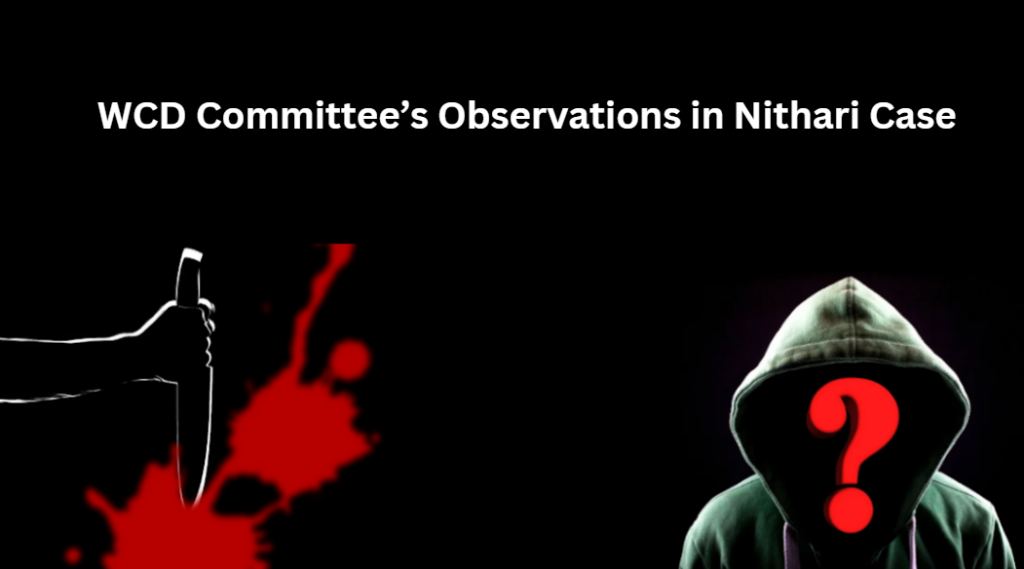Three new criminal laws will go into force across India on July 1 2024. These laws will replace old laws from the colonial era and have a big impact on the country’s criminal justice system. These changes will open a new Era and create more transparency in the Criminal justice Reform.
These three important rules will change the way India’s criminal justice system works in every way and criminal justice system reform has been introduced. A police report can now be filed online, mob lynching is now punishable by death, and gang rape is now even more severely punished. These laws make a lot of changes to our criminal laws.
Key Highlights of Criminal Justice Reform
1. The Bharatiya Nyaya Sanhita (BNS) has expanded the definition of terrorism to encompass actions that harm India’s unity, purity, and sovereignty in addition to economic and monetary instability and threats.
2. Murder by a large group of people: There is now a clear distinction between hate crimes and mob killings. Death penalty cases involving mob killings (defined as five or more persons murdering an individual on the basis of their race, caste, community, or beliefs) are possible.
3. Sedition Law Amendments: Rebellion is now not considered a crime. But those who do anything that can dilute or corrupt India will face consequences. The crime that was formerly known as “raj droh” (rebellion against the government) is now known as “desh droh” (rebellion against the country) and carries a maximum sentence of seven years in prison.
4. Stricter penalties for crimes perpetrated against women: first, a life term or the death penalty for raping a minor; second, a 20-year to life sentence for gang rape.
5. Follow These Protocols When Speaking Out: A female officer must record a rape victim’s statement while a parent or guardian is present, and medical records must be submitted within seven days.
6. Simplified judicial procedures: Within 45 days after the conclusion of a criminal trial, a verdict must be announced, and within 60 days after the first hearing, charges must be filed. Witness protection measures should be established by states.
7. Victims’ Right to Regular Case Updates: Within 90 days after a crime, sexual assault victims are entitled to regular case updates, and doctors are obligated to provide free medical care and first assistance to victims.
8. Copies of legal documents must be provided to both the accused and the accuser within fourteen days. Just two times can a court postpone a case in an effort to keep things from going too long.
9. Leaving a woman after making a fraudulent vow of marriage is now punishable by law, according to new legislation.
10. Online Incident Reporting and Zero FIR: With Zero FIR, you can report occurrences at any police station, regardless of their jurisdiction.
11. Punishment: Community service is imposed as a kind of punishment. The dates of the trial are also set. Within thirty days after the cases conclude, trials and verdicts must be made, according to the Bharatiya Nagarik Suraksha Sanhita (BNSS). Sexual assault survivors are obligated to document their statements on video.
12. Forensic Experts Must Visit Crime Scenes: The scenes of serious crimes must be visited by forensic experts in order to collect evidence.
13. Arrested Individuals’ Rights: Detainees have the right to communicate with anyone they choose regarding their detention, and district and police headquarters are required to prominently display arrest records.
14. The word “gender” is now defined to encompass transgender people in order to ensure that everyone is treated fairly. A female judge should be appointed for certain offenses so that she can record victim statements whenever feasible.
15. The Indian Evidence Act now includes electronic documents such as emails, iPads, and other similar files. We will digitize all case diaries, FIRs, charge sheets, and rulings.
These comprehensive reforms aim to modernize the criminal justice system, enhance efficiency, and ensure justice for all citizens.



